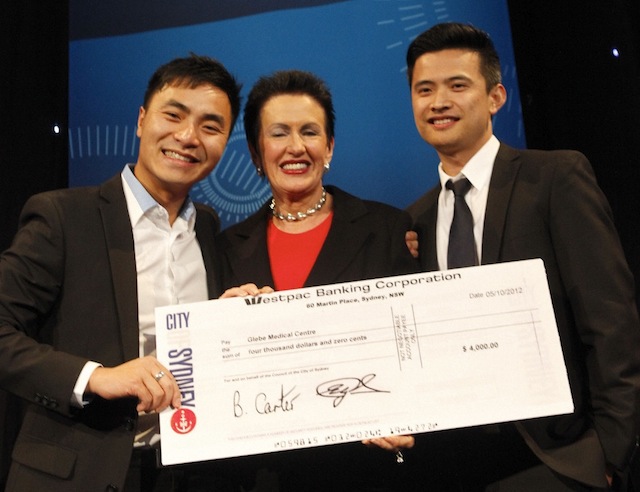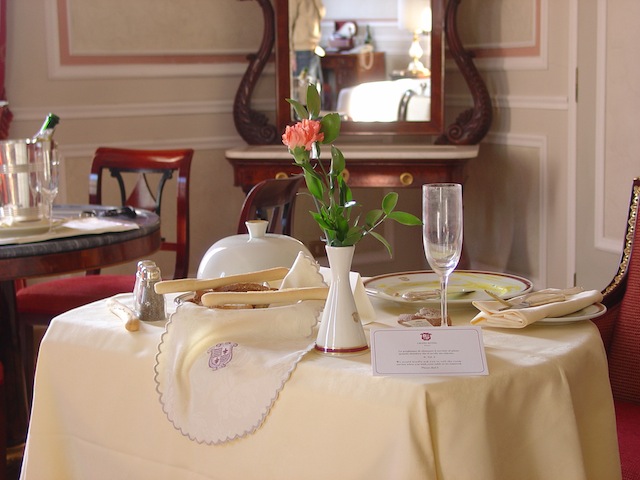Last night the Sydney Business Awards honoured the city’s best enterprises at a gala dinner where a whole group of great businesses were acknowledged for their great work.
The awards were the result of a three month process where the public voted on several hundred businesses to determine ten finalists in each category. The finalists were then evaluated by judges for each category. I judged the Online Business group.
The Events Agency who organized the awards today sent me a word cloud taken from the winners’ entry forms. This illustrates what the entrants were talking about in their submissions.

Staff is the biggest issue for businesses, followed by the two instances of ‘increase’ caused by one having a capital and the other not. If we combined the two instances ‘increase’ would probably be the biggest word.
Given training is one of the other big words we can see the real challenge is training up staff. Marketing and funding also figure prominently.
While basic and from a very narrow survey base, that word cloud gives us some ideas of what worries business owners and a base to start answering those challenges.
The word cloud also explains why education, training and industrial relations are such important issues to the business community which is something both politicians and the media should consider.
Overall the quality of the businesses entered into this year’s awards was terrific. In the online section I really struggled to separate the great finalists and there was very little between Appliances Online who won the category and the two runners up.
What’s also interesting is how many of the finalists in other categories had strong online presences, illustrating how the web is important for all businesses.
Congratulations to all the entrants and particularly Climate Friendly who not only won the main Business Award but also the Sustainability and Environmental awards. Glebe Medical Centre was the winner of the Small Business Award and the Healthcare and Fitness category.
For those who didn’t win this year, it’s worth entering next year as good businesses only get better with time. Hopefully we’ll see your business or vote next year.




